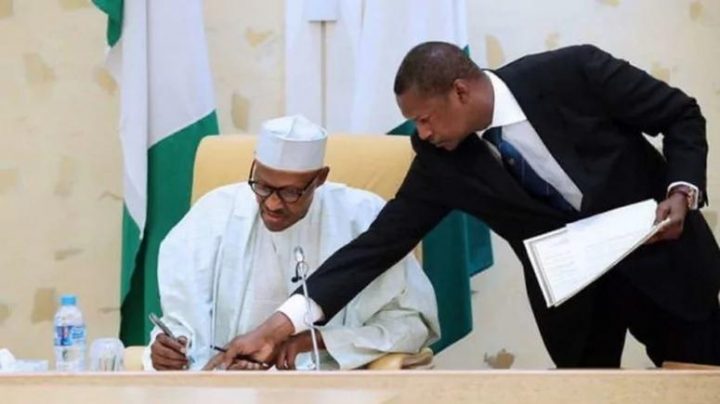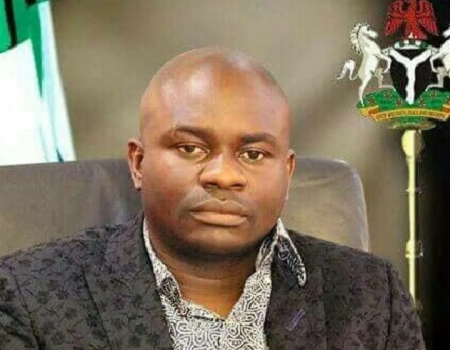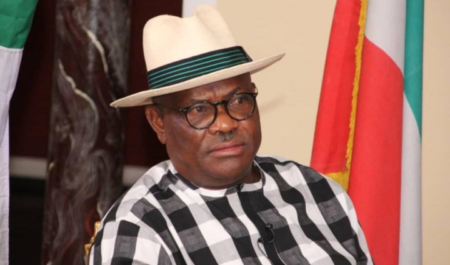
The attorney general says the right of the president to engage the national assembly is at the behest of the president.
Attorney-General of the Federation (AGF), Abubakar Malami, says the national assembly has no constitutional powers to summon President Muhammadu Buhari.
The president was scheduled to address a joint session of the federal legislature on the insecurity challenge bedeviling the country, on Thursday, December 10, 2020, after lawmakers reached that resolution during plenary on December 1.
An overwhelming majority of lawmakers had also asked the president to fire his security chiefs in the wake of the beheading of over 43 rice farmers by terrorists in the Jere local government area of Borno State on November 28.
Doubts emerged concerning the president’s proposed appearance before lawmakers on Tuesday, December 8.
There were reports that during the president’s meeting with state governors at the State House on Tuesday, some governors had moved a motion to stop the president from visiting the legislature.
According to the reports, the state governors had advised Buhari not to appear before lawmakers to brief them on what he’s doing to tackle insecurity, because doing so would set a precedence for the states’ legislatures.
In a statement titled: ‘Buhari’s Summon: NASS Operates Outside Constitutional bounds,’ the nation’s attorney general says the “national assembly has no constitutional power to envisage or contemplate a situation where the president would be summoned by the national assembly on the operational use of the armed forces.”
Malami also states that the right of the president to engage the national assembly and appear before it is “inherently discretionary in the president and not at the behest of the national assembly.”
Malami’s full statement is reproduced in full below, unedited:
BUHARI’S SUMMON: NASS OPERATES OUTSIDE CONSTITUTIONAL BOUNDS
President Muhammadu Buhari of the Federal Republic of Nigeria has recorded tremendous success in containing the hitherto incessant bombing, colossal killings, wanton destruction of lives and property that bedeviled the country before attaining the helm of affairs of the country in 2015.
The confidentiality of strategies employed by the President as the Commander in Chief of the Armed Forces of the Federal Republic of Nigeria is not open for public exposure in view of security implications in the probable undermining of the war against terror.
The fact that President Muhammadu Buhari was instrumental to the reclaiming of over 14 Local Governments previously controlled by Boko Haram in the North East is an open secret, the strategies for such achievement are not open for public expose.
While condoling the bereaved and sympathizing with the victims of the associated insecurity in the country, Attorney-General of the Federation and Minister of Justice, Abubakar Malami, SAN maintained that national security is not about publicity and the nation’s security architecture cannot be exposed for the sake of getting publicity.
He said Mr. President has enjoyed Constitutional privileges attached to the Office of the President including exclusivity and confidentiality investiture in security operational matters, which remains sacrosanct.
Malami added that the National Assembly has no Constitutional Power to envisage or contemplate a situation where the President would be summoned by the National Assembly on the operational use of the Armed Forces.
The right of the President to engage the National Assembly and appear before it is inherently discretionary in the President and not at the behest of the National Assembly.
The management and control of the security sector is exclusively vested in the President by Section 218 (1) of the Constitution as the Commander in Chief of the Armed Forces including the power to determine the operational use of the Armed Forces. An invitation that seeks to put the operational use of the Armed Forces to a public interrogation is indeed taking the constitutional rights of law-making beyond bounds.
As the Commander in Chief, the President has exclusivity on security and has confidentiality over security. These powers and rights he does not share. So, by summoning the President on National Security operational Matters, the House of Representatives operated outside constitutional bounds. President’s exclusivity of constitutional confidentiality investiture within the context of the constitution remains sacrosanct.
Abubakar Malami, SAN
Attorney General of the Federation and Minister of Justice
9th December 2020.


